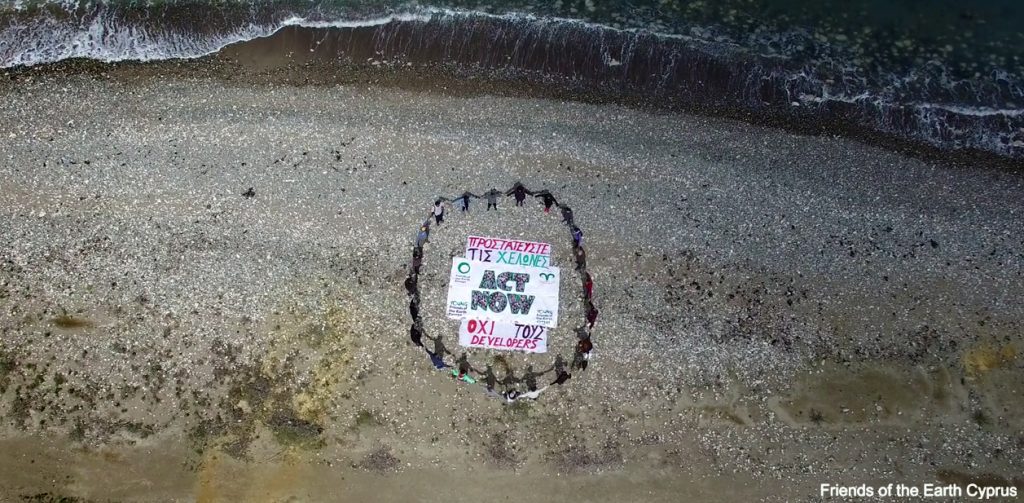Nature protection efforts are being undermined by the European Commission’s failure to consistently challenge Member States on illegal nature destruction, warn four nature NGOs in a new publication today.
The European Commission is “nature’s last line of defence”, as the body responsible for enforcing EU nature laws and challenging violations. However, cases of violations are regularly delayed, neglected or undermined by the Commission’s inaction, say Birdlife Europe, European Environmental Bureau (EEB), Friends of the Earth Europe, and WWF.
The new publication features case studies of damage to protected areas and species across seven countries – spanning Spain, Germany, the Netherlands, Italy, Austria, Romania, and Cyprus – where complaints have not resulted in compliance or overall improvement for nature – including:
- failure to address dredging and excessive water abstraction in Doñana’s national park in Spain,
- failure to preserve breeding habitats for meadow birds in the Netherlands, as well as species-rich grasslands in Germany,
- failure to assess hydropower projects in Romania in compliance with nature and water legislation.
The NGOs say the European Commission needs a ‘step change’ in action to enforce the nature laws and fulfil its obligation to halt biodiversity loss by 2020. Only the recent prosecution of Poland’s government to halt illegal deforestation in Bia?owie?a stands out as a shining exception.
MEPs and European Commission officials discuss the cases with NGOs in the European Parliament, a year after a Commission ‘Action Plan’ to better protect nature, and 18 months after the successful #NatureAlert campaign to save the EU’s nature laws.
Adrian Bebb, Food Agriculture and Biodiversity Coordinator for Friends of the Earth Europe said:
“EU citizens have a right to vibrant nature, which is vital to health and wellbeing. Unfortunately, we are seeing that rare nature that should have the highest levels of EU protection is severely threatened. The EU is often the last line of defence for our nature and wildlife, but that only works if the European Commission is proactive in challenging illegal destruction.”
Ariel Brunner, Senior Head of Policy for BirdLife Europe & Central Asia said:
“In public, the European Commission stresses the importance of the role the rule of law plays as a fundamental value of the EU. But when it comes to enforcing the environmental acquis, there is a clear lack of action. That not only concerns prominent cases like ‘Dieselgate’, but many other cases relating to the non-implementation of EU’s nature directives. Here the European Commission is gambling with the future of Europe, contributing to citizens’ lack of trust in the institutions.”
Sabien Leemans, Senior Biodiversity Policy Officer for WWF European Policy Office said:
“The European Commission’s dealing with illegal logging in Bia?owie?a was best practice and deserved the term ‘guardian of the treaties’ – not only did the infringement procedure against Poland start quickly after the NGO complaint, but during the ECJ case, interim measures were introduced to avoid irreversible damage to the forest. Unfortunately, such pro-active enforcement is an exception, and nature is paying the price, for example in Doñana, one of Europe’s most precious wetlands, which is drying out due to illegal agricultural activities while the Commission is dragging its feet. This lack of decisive enforcement is unacceptable.”
Sergiy Moroz, Senior Policy Officer for EEB said:
“When protected nature is in trouble – whether from illegal logging, damaging projects, or intensive agriculture – the European Commission is often nature’s last line of defence. With many EU governments systematically failing to apply EU nature laws, the European Commission must act as a reliable back-stop and take prompt infringement action to conserve Europe’s precious natural habitats.”








